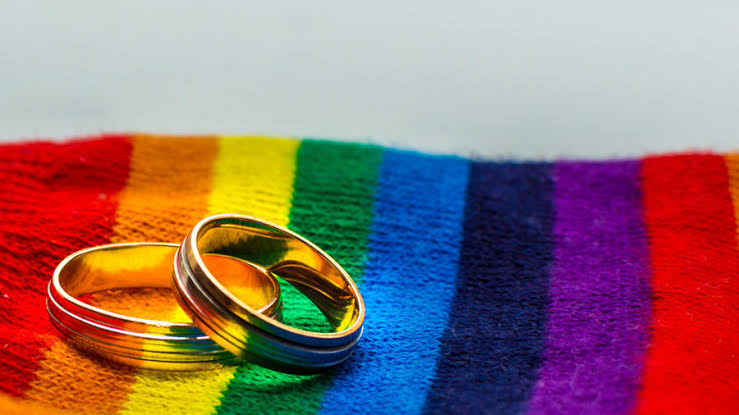LGBT Elders in a Post-Windsor World: The Promise and Limits of Marriage Equality
By Nancy J.Knauer
This Article addresses the uncertain post-Windsor legal landscape from the perspective of LGBT elders and older adults. The demise of DOMA has enhanced access to federal benefits, but it has also increased the complexity that LGBT individuals and their families face as they begin to plan for retirement and beyond. Additionally, marriage equality — even when it is recognized nationwide — will not help LGBT elders and older adults tackle many of the obstacles they face when trying to navigate the challenges of aging. Fully addressing these challenges will require comprehensive legal reform and social change that includes greater recognition for chosen family, legal protections that span the life course, and broad-based cultural competency awareness with respect to LGBT aging and related issues.
Although systemic legal and social change may take decades, LGBT elders and older adults can take concrete planning steps to improve their chances of aging in dignity, to preserve their autonomy, and to protect their interests. After discussing some of the unique challenges facing LGBT elders and older adults, this Article reviews the current state of marriage equality and the conflicting federal rules governing the recognition of same-sex marriage with respect to federal taxes, Social Security, and other benefits. It then outlines the types of financial, estate, and personal planning options available to address (1) the absence of uniform marriage equality, (2) the legal fragility of chosen family, and (3) the persistence of anti-LGBT bias and discrimination. In particular, this Article urges LGBT older adults to develop an integrated elder care plan that addresses a number of issues not typically covered in the traditional estate plan, such as issues related to gender identity, living arrangements, and caregivers.
Source @SSRN











